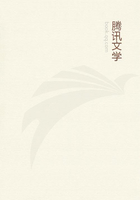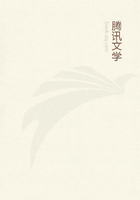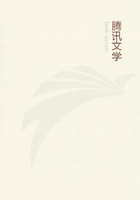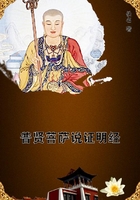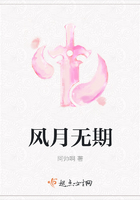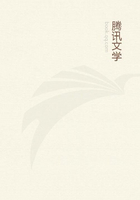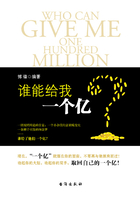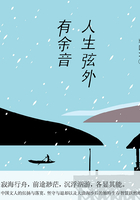We have only grown used to our false comprehension of the regulation of labor, because it seems to us that the shoemaker, the machinist, the writer, or the musician will be better off if he gets rid of the labor peculiar to man. Where there is no force exercised over the labor of others, or any false belief in the joy of idleness, not a single man will get rid of physical labor, necessary for the satisfaction of his requirements, for the sake of special work; because special work is not a privilege, but a sacrifice which man offers to inward pressure and to his brethren.
The shoemaker in the country, who abandons his wonted labor in the field, which is so grateful to him, and betakes himself to his trade, in order to repair or make boots for his neighbors, always deprives himself of the pleasant toil of the field, simply because he likes to make boots, because he knows that no one else can do it so well as he, and that people will be grateful to him for it; but the desire cannot occur to him, to deprive himself, for the whole period of his life, of the cheering rotation of labor.
It is the same with the starosta [village elder], the machinist, the writer, the learned man. To us, with our corrupt conception of things, it seems, that if a steward has been relegated to the position of a peasant by his master, or if a minister has been sent to the colonies, he has been chastised, he has been ill-treated.
But in reality a benefit has been conferred on him; that is to say, his special, hard labor has been changed into a cheerful rotation of labor. In a naturally constituted society, this is quite otherwise.
I know of one community where the people supported themselves. One of the members of this society was better educated than the rest; and they called upon him to read, so that he was obliged to prepare himself during the day, in order that he might read in the evening.
This he did gladly, feeling that he was useful to others, and that he was performing a good deed. But he grew weary of exclusively intellectual work, and his health suffered from it. The members of the community took pity on him, and requested him to go to work in the fields.
For men who regard labor as the substance and the joy of life, the basis, the foundation of life will always be the struggle with nature,--labor both agricultural and mechanical, and intellectual, and the establishment of communion between men. Departure from one or from many of these varieties of labor, and the adoption of special labor, will then only occur when the man possessed of a special branch, and loving this work, and knowing that he can perform it better than others, sacrifices his own profit for the satisfaction of the direct demands made upon him. Only on condition of such a view of labor, and of the natural division of labor arising from it, is that curse which is laid upon our idea of labor abrogated, and does every sort of work becomes always a joy; because a man will either perform that labor which is undoubtedly useful and joyous, and not dull, or he will possess the consciousness of self- abnegation in the fulfilment of more difficult and restricted toil, which he exercises for the good of others.
But the division of labor is more profitable. More profitable for whom? It is more profitable in making the greatest possible quantity of calico, and boots in the shortest possible time. But who will make these boots and this calico? There are people who, for whole generations, make only the heads of pins. Then how can this be more profitable for men? If the point lies in manufacturing as much calico and as many pins as possible, then this is so. But the point concerns men and their welfare. And the welfare of men lies in life. And life is work. How, then, can the necessity for burdensome, oppressive toil be more profitable for people? For all men, that one thing is more profitable which I desire for myself,-- the utmost well-being, and the gratification of all those requirements, both bodily and spiritual, of the conscience and of the reason, which are imposed upon me. And in my own case I have found, that for my own welfare, and for the satisfaction of these needs of mine, all that I require is to cure myself of that folly in which I had been living, in company with the Krapivensky madman, and which consisted in presupposing that some people need not work, and that certain other people should direct all this, and that I should therefore do only that which is natural to man, i.e., labor for the satisfaction of their requirements; and, having discovered this, I convinced myself that labor for the satisfaction of one's own needs falls of itself into various kinds of labor, each one of which possesses its own charm, and which not only do not constitute a burden, but which serve as a respite to one another. I have made a rough division of this labor (not insisting on the justice of this arrangement), in accordance with my own needs in life, into four parts, corresponding to the four stints of labor of which the day is composed; and I seek in this manner to satisfy my requirements.
These, then, are the answers which I have found for myself to the question, "What is to be done?"
First, Not to lie to myself, however far removed my path in life may be from the true path which my reason discloses to me.
Second, To renounce my consciousness of my own righteousness, my superiority especially over other people; and to acknowledge my guilt.
Third, To comply with that eternal and indubitable law of humanity,--the labor of my whole being, feeling no shame at any sort of work; to contend with nature for the maintenance of my own life and the lives of others.

